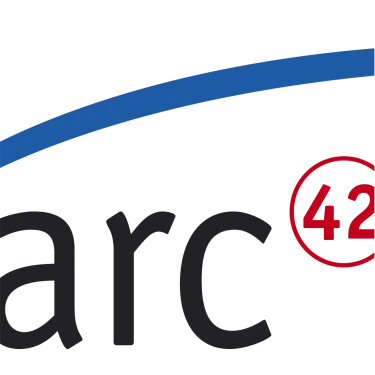The degree to which a system can be certified to meet specific regulatory, safety, or quality standards through demonstration of compliance evidence.
Certifiability refers to the ease with which a product or system can be assessed and approved by certification authorities against applicable standards and regulations.
High certifiability requires:
- Complete and traceable requirements
- Comprehensive documentation
- Verifiable test evidence
- Auditability of development processes
- Compliance with standard-specific practices
[Adapted from safety-critical systems literature]
Certifiability is essential in safety-critical and regulated domains:
Aviation (DO-178C)
- Software certification for airborne systems
- Requires extensive documentation, traceability, and testing evidence
- Different assurance levels based on failure severity
Automotive (ISO 26262)
- Functional safety certification for road vehicles
- Automotive Safety Integrity Levels (ASIL A-D)
- Systematic capability and hardware integrity requirements
Medical Devices (IEC 62304)
- Software lifecycle processes for medical device software
- Safety classifications based on potential harm
- Design control and risk management requirements
Industrial Systems (IEC 61508)
- Functional safety for electrical/electronic/programmable systems
- Safety Integrity Levels (SIL 1-4)
- Systematic and random hardware failure management
Key Factors Affecting Certifiability
- Traceability - Requirements to design to code to tests
- Documentation - Architecture, design decisions, verification results
- Process Compliance - Following standard-mandated development processes
- Tool Qualification - Certification of development and verification tools
- Configuration Management - Version control and change tracking
- Verification Evidence - Test coverage, static analysis, formal methods
- Independence - Separation between development and verification
See also: compliance, safety, traceability
